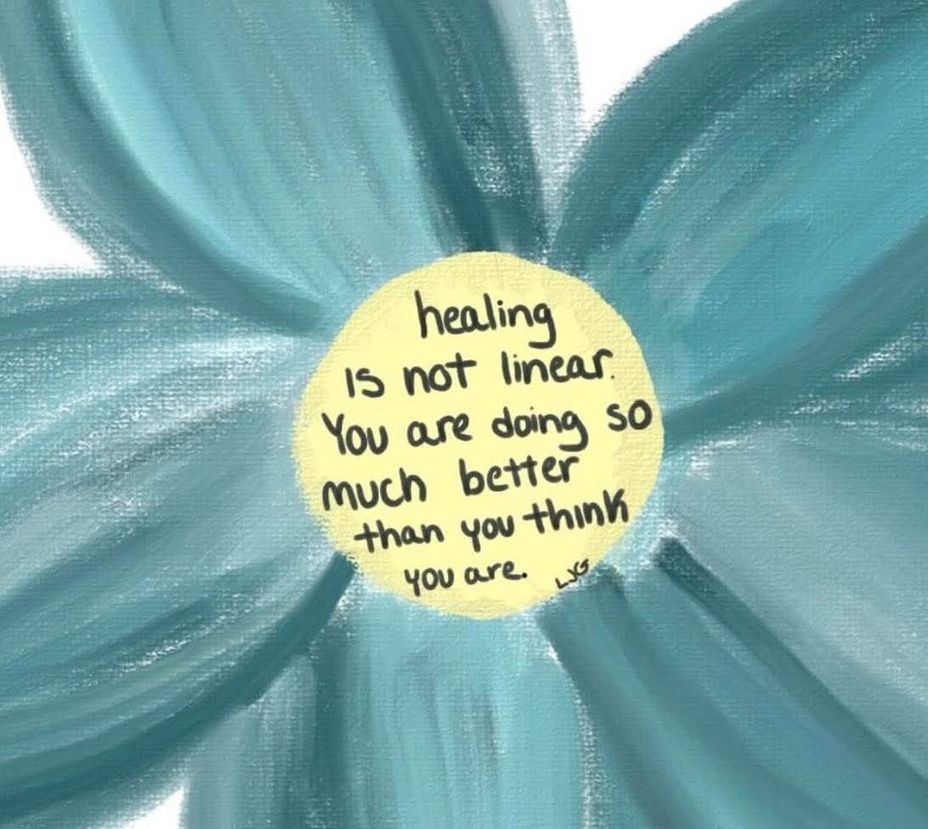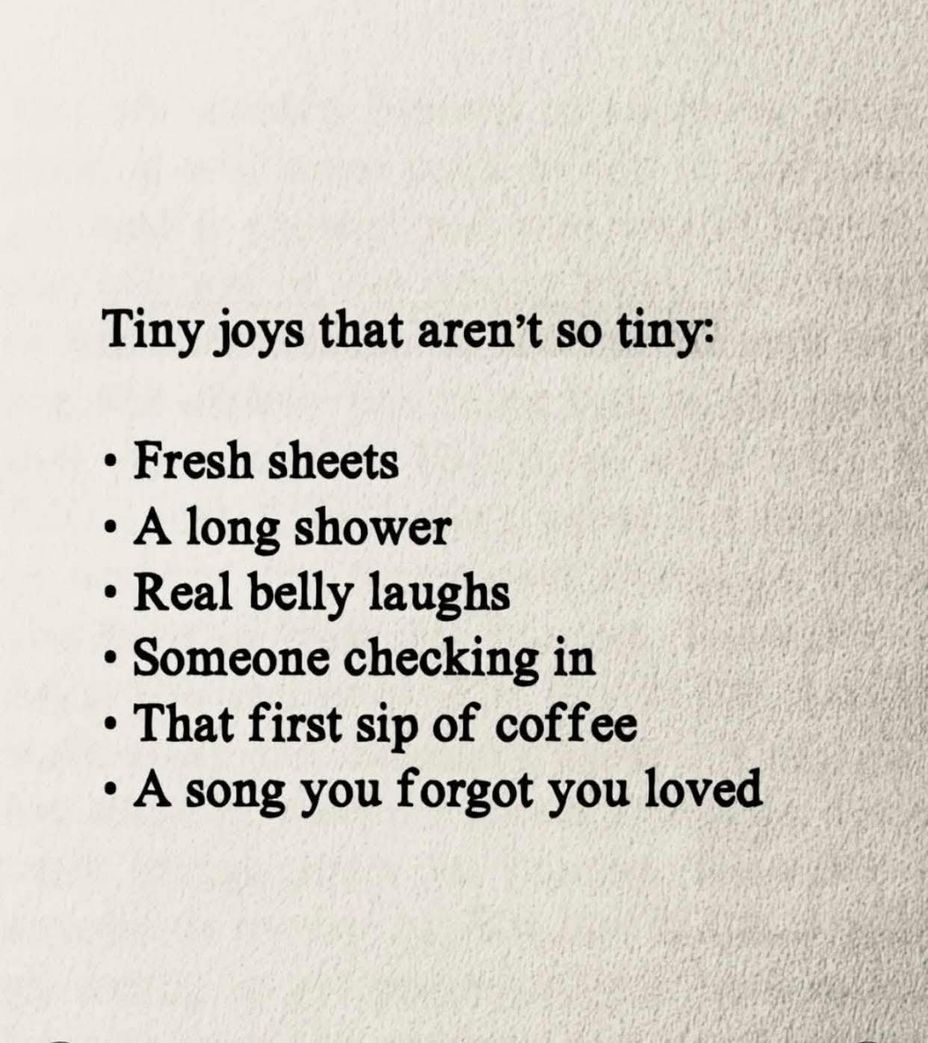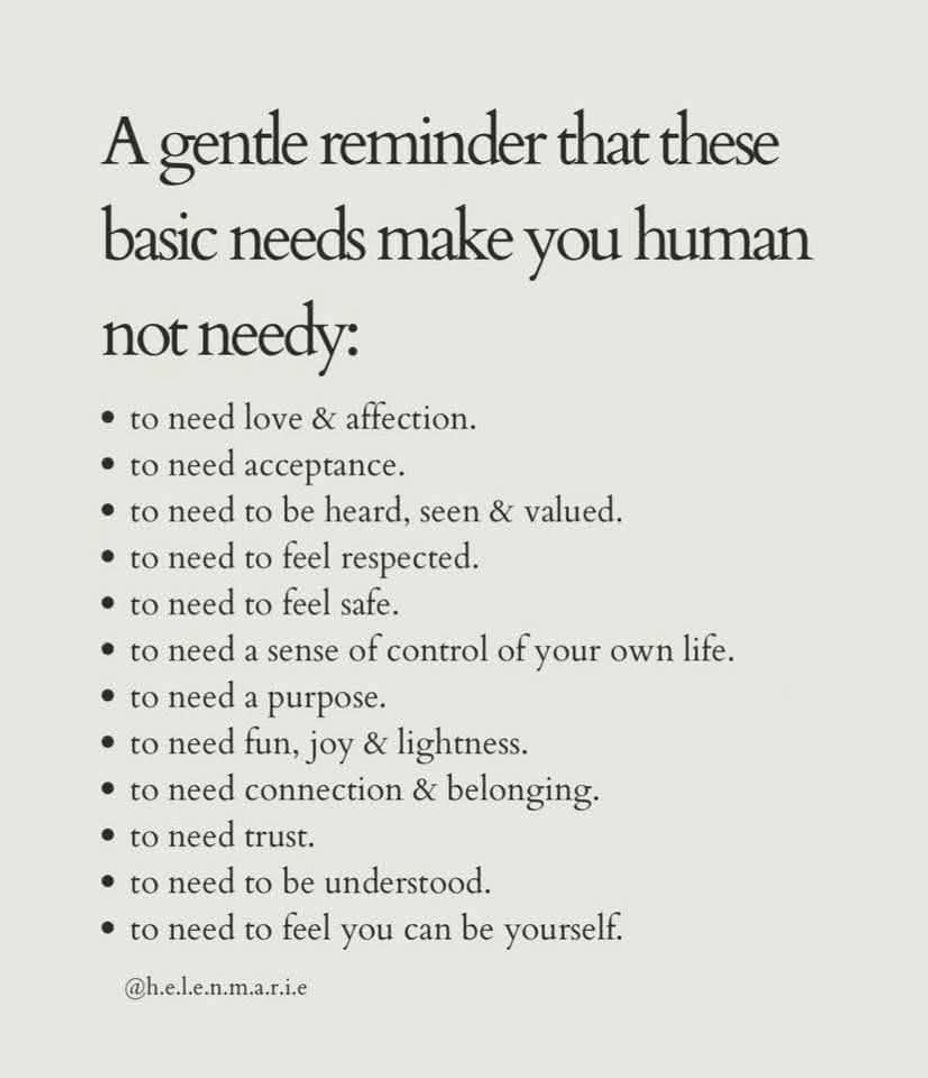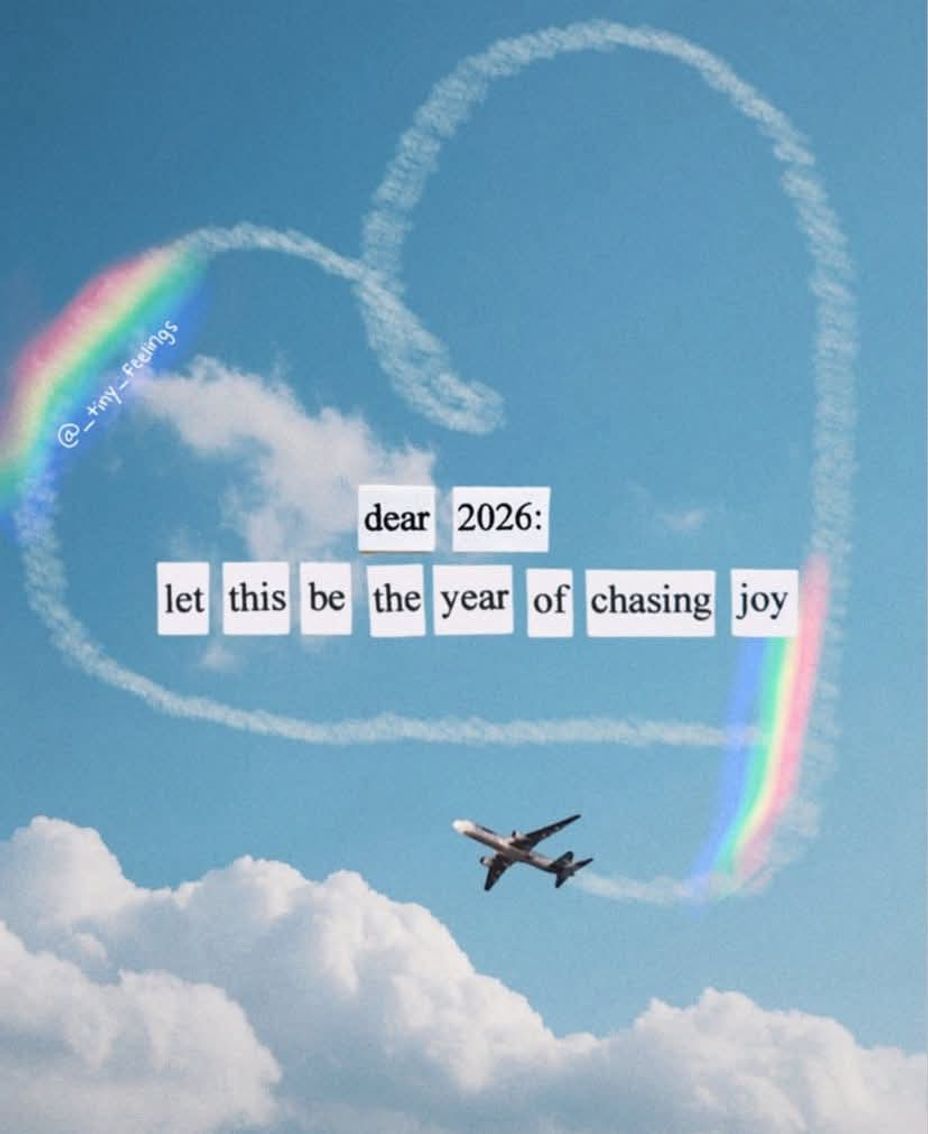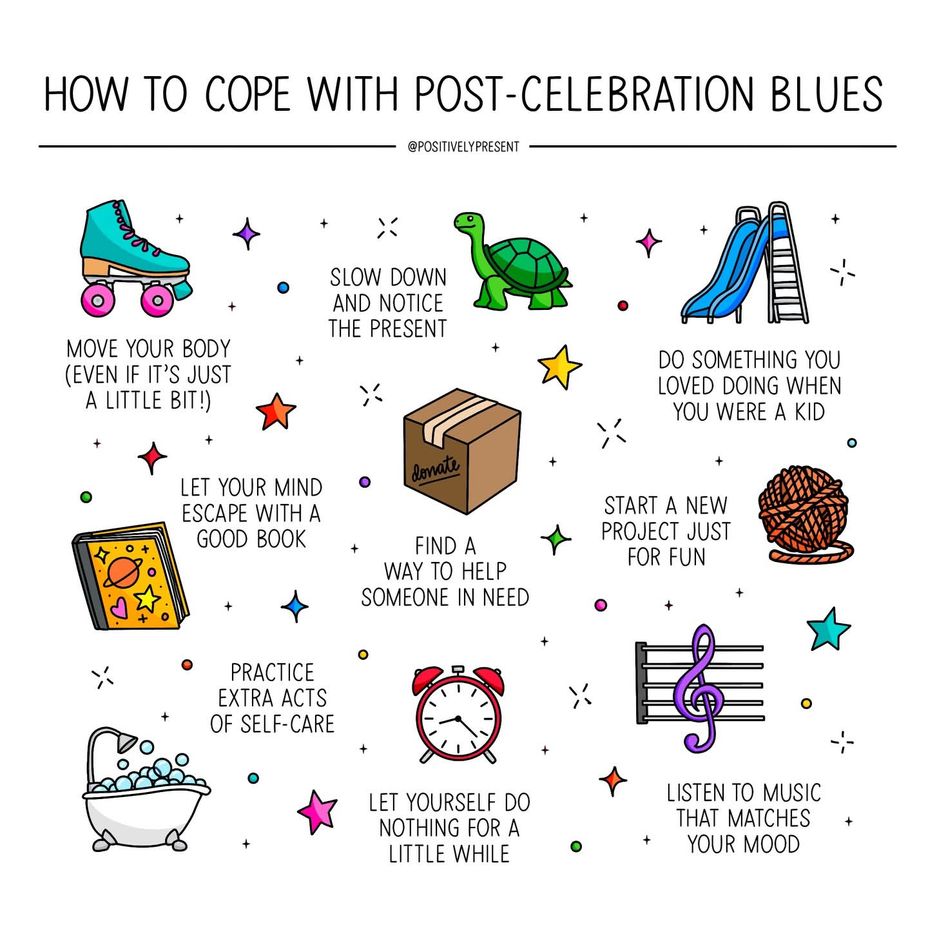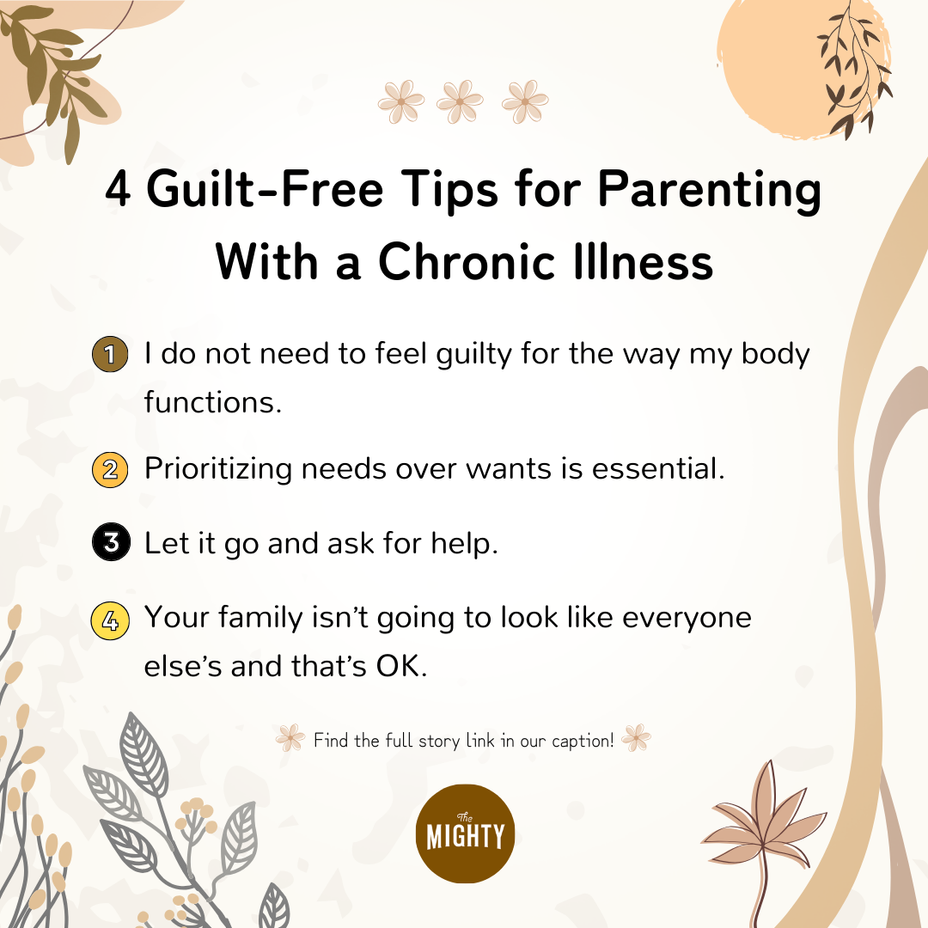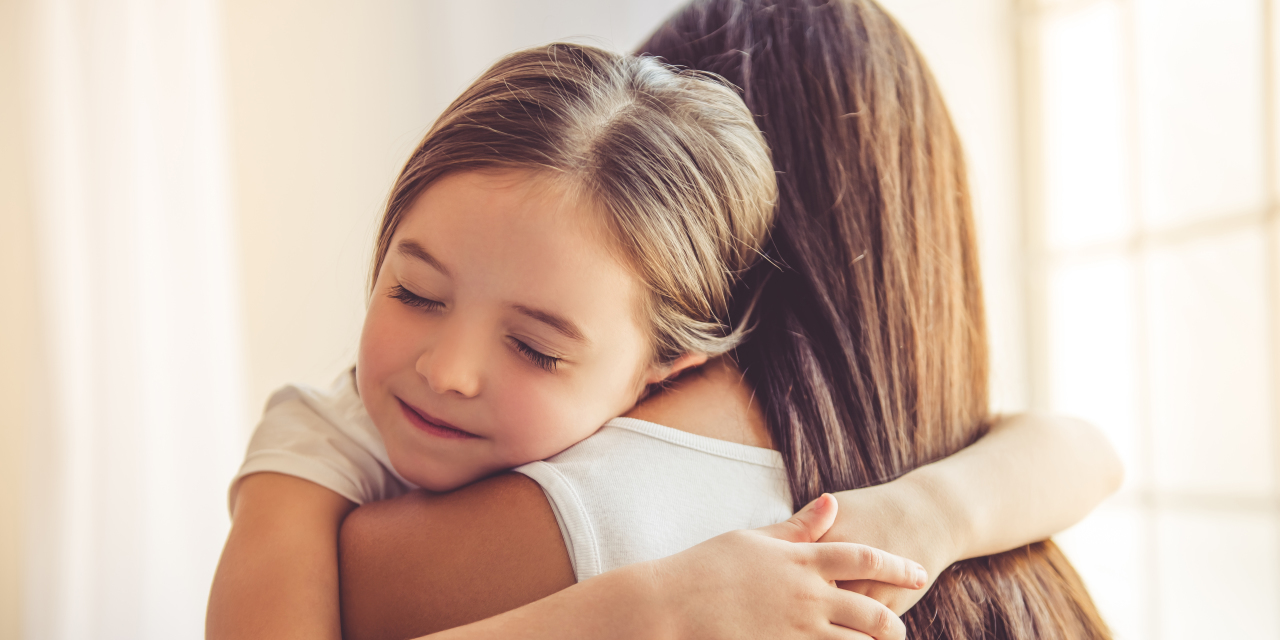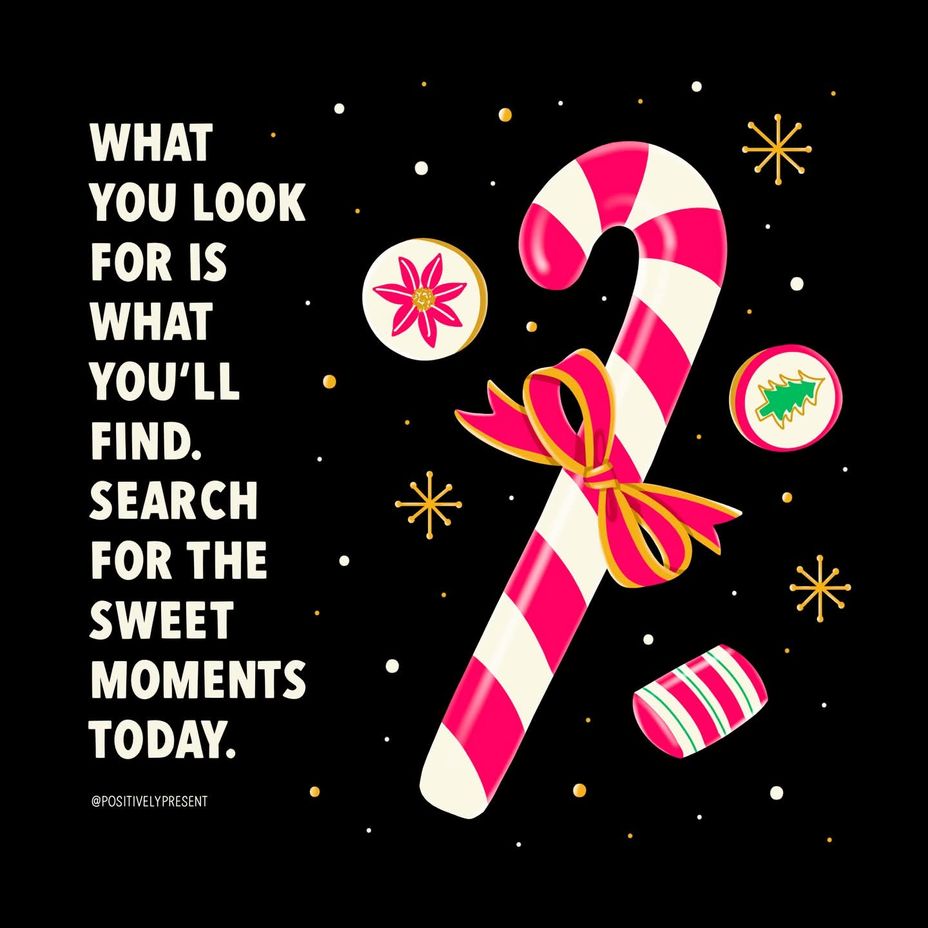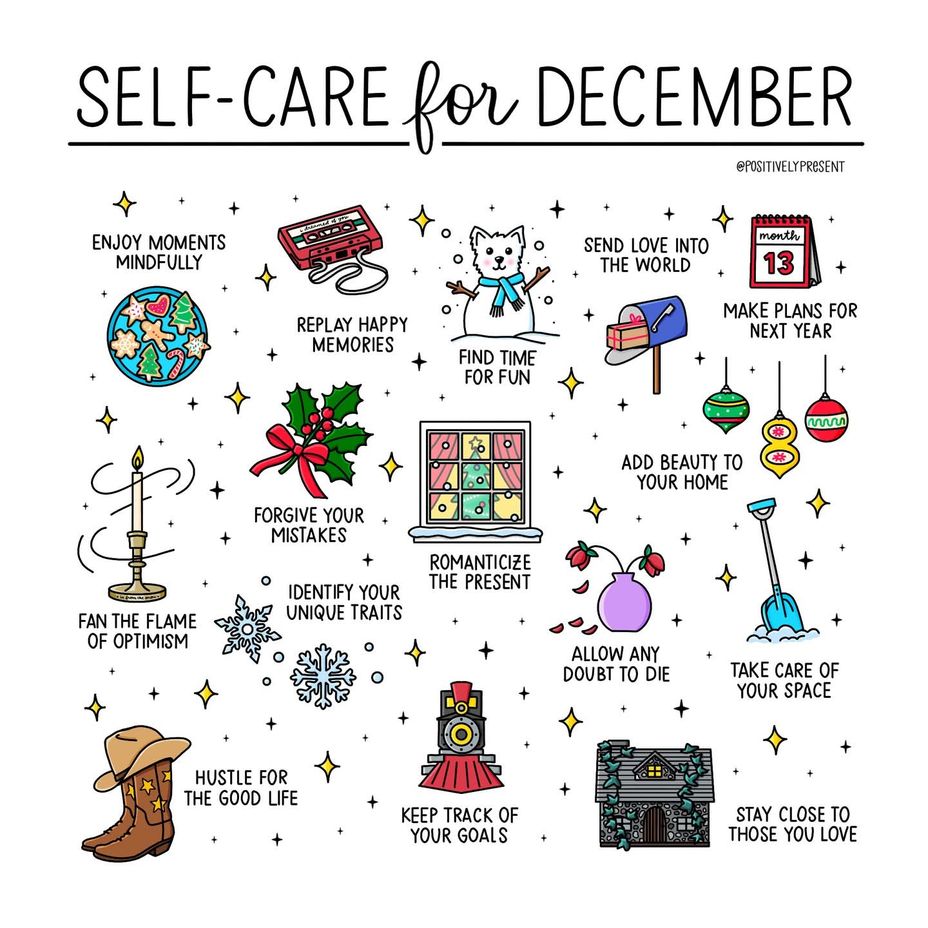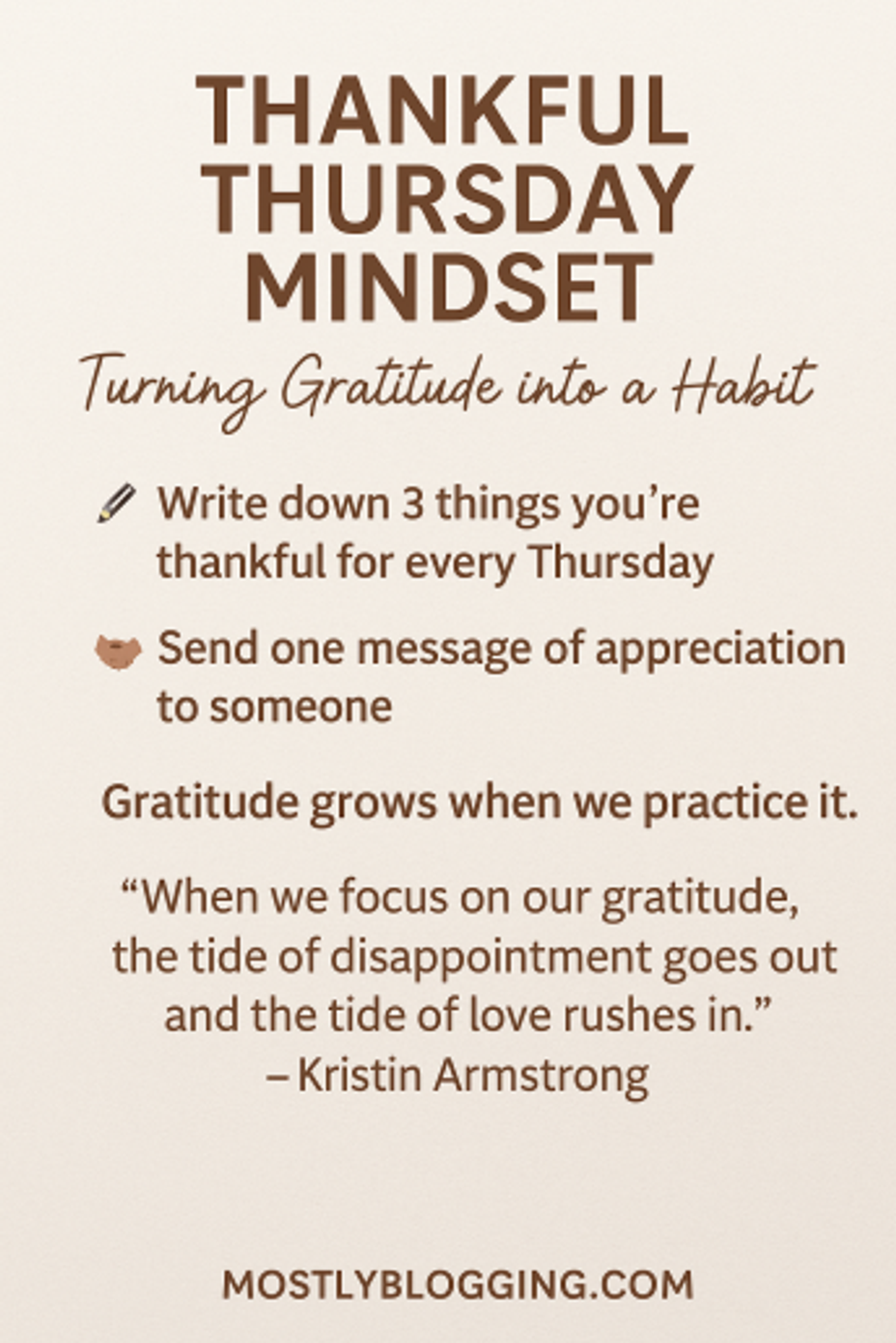Tip Tuesday 💡
Healing isn't linear. Some days you'll feel like you took twelve steps back- and that's okay! Healing isn't always pretty and it isn't always fun. You aren't doing anything wrong. You're a human.
#Addiction #MentalHealth #Agoraphobia #Autism #ADHD #BorderlinePersonalityDisorder #BipolarDisorder #SchizoaffectiveDisorder #MentalHealth #PTSD #Schizophrenia #Lupus #ChronicFatigueSyndrome #CeliacDisease #Grief #Lupus #AutonomicDysfunction #Grief #SjogrensSyndrome #Suicide
